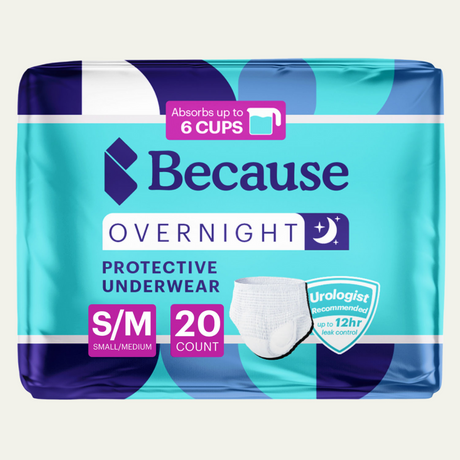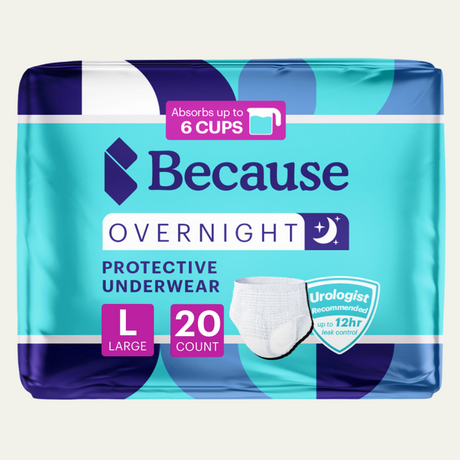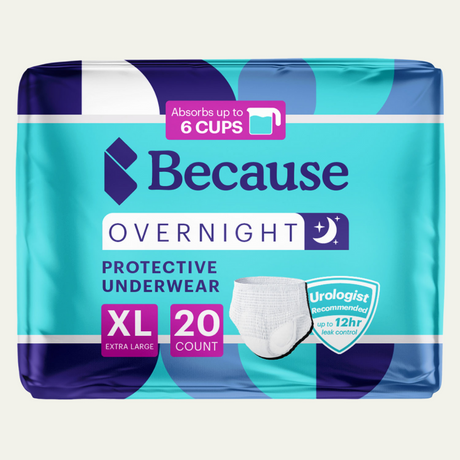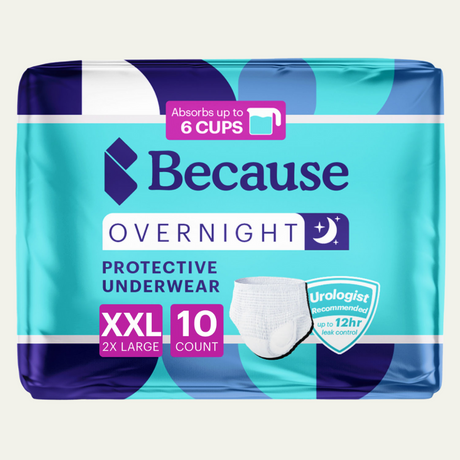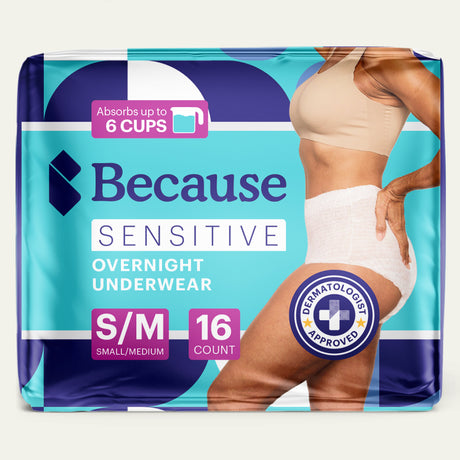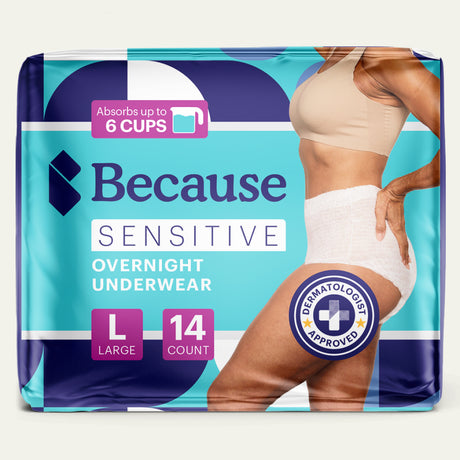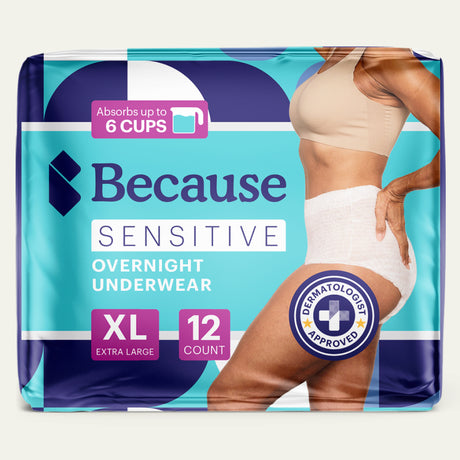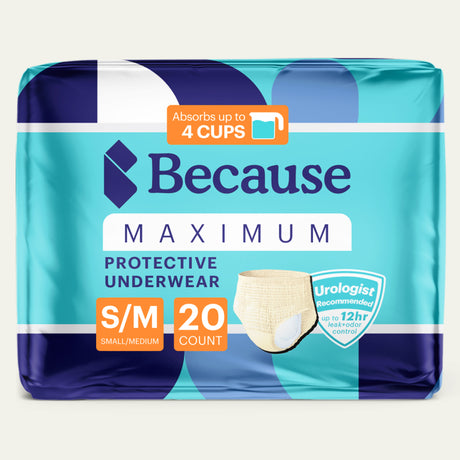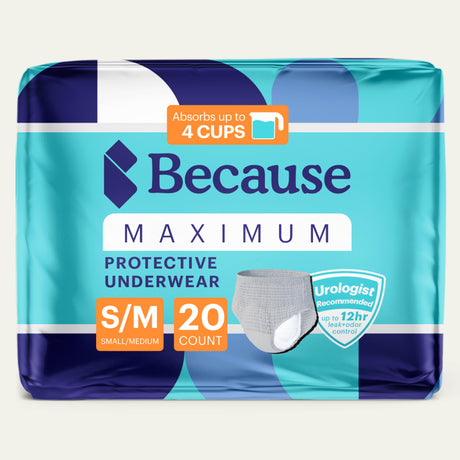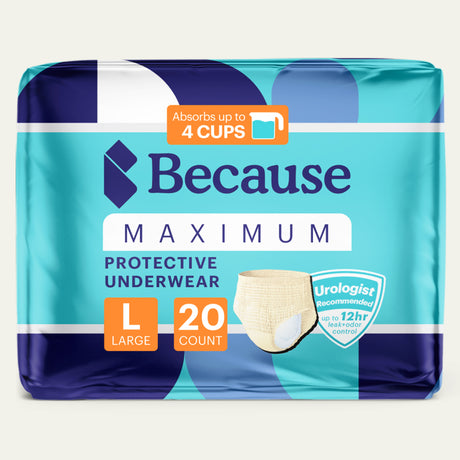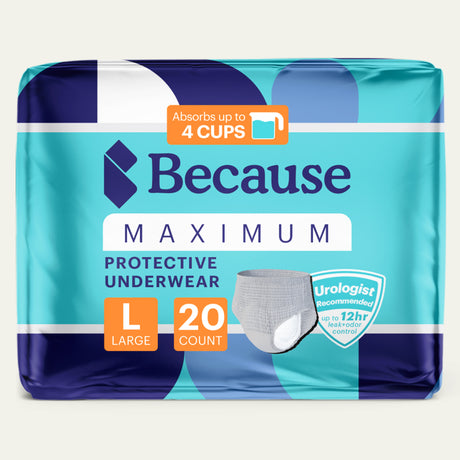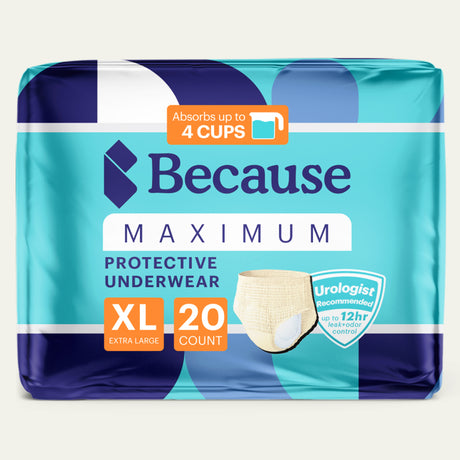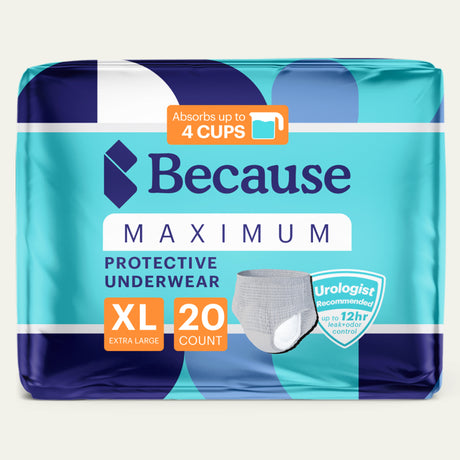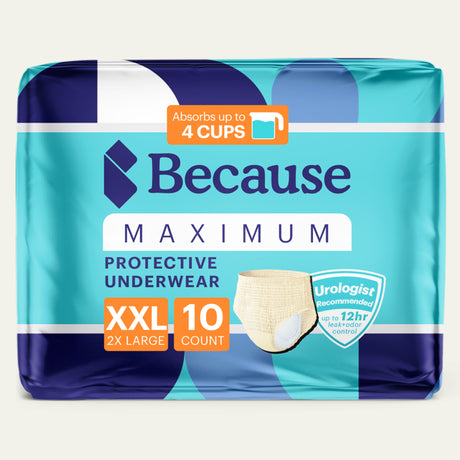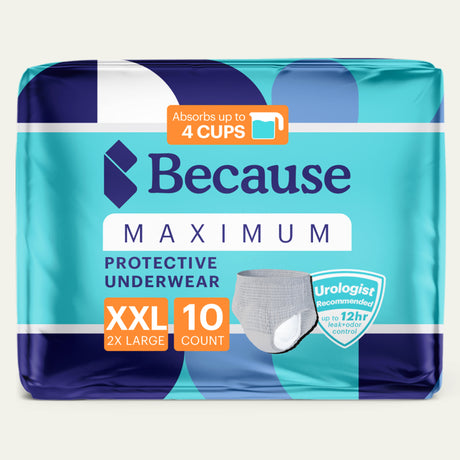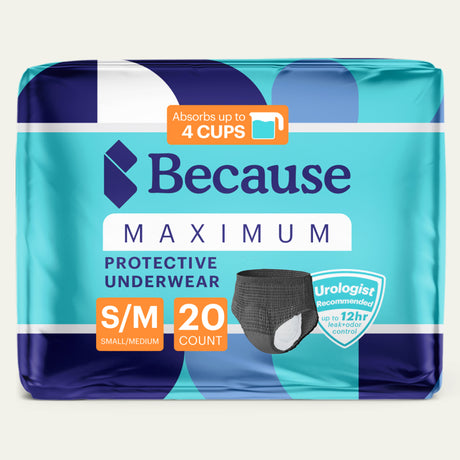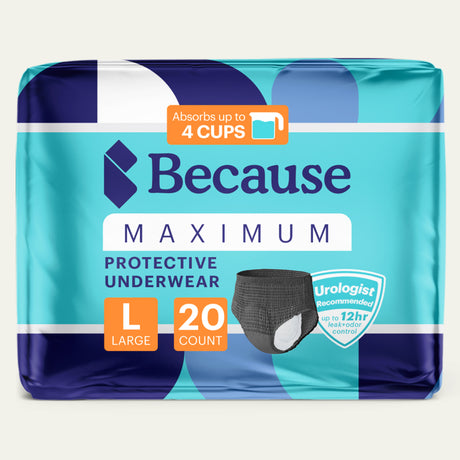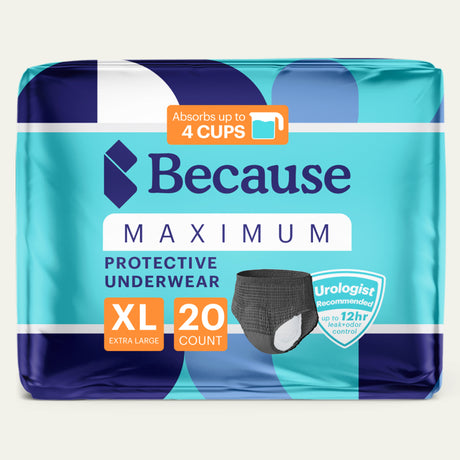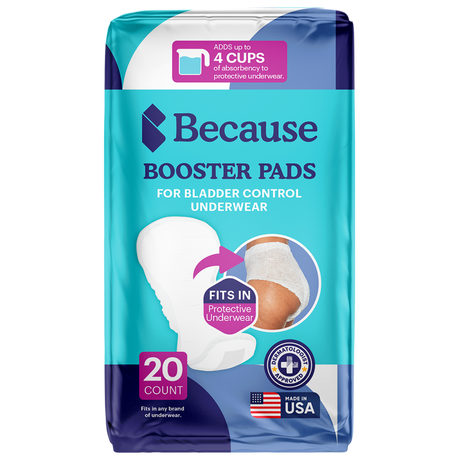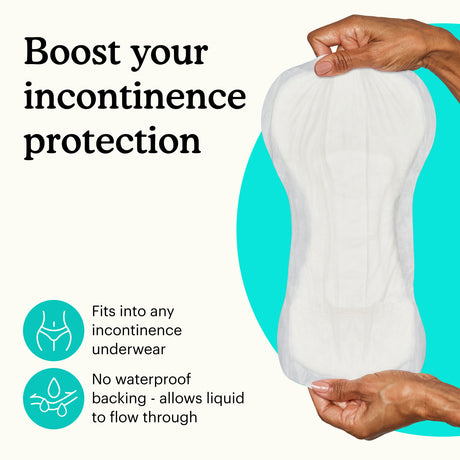Bowel incontinence can be a distressing and often misunderstood condition, affecting many aspects of daily life. One significant but lesser-known cause of bowel incontinence is the use of certain medications. In this blog, we will explore which medications can lead to this condition, how they affect bowel control, and what steps you can take to manage and mitigate these effects.
Understanding Bowel Incontinence
Bowel incontinence, also known as fecal incontinence, is the inability to control bowel movements, leading to involuntary stool leakage. This condition can range from occasional leakage of stool while passing gas to a complete loss of bowel control. Bowel incontinence can be caused by a variety of factors, including chronic constipation, nerve damage, muscle weakness, and certain medications. It affects millions of people worldwide, with higher prevalence among older adults and individuals with underlying health conditions. Understanding the types and potential causes of bowel incontinence is crucial for effective management and treatment.

Types of Medications That Can Cause Bowel Incontinence
Certain medications can significantly impact bowel function, leading to issues such as bowel incontinence. These medications range from short-term treatments, where symptoms of bowel incontinence are likely to resolve soon after discontinuation to long-term therapies that may require adjustments under the guidance of a healthcare professional to manage their effects.
Antibiotics
Antibiotics, particularly broad-spectrum types such as clindamycin, amoxicillin, and cephalosporins, can disrupt the natural balance of gut bacteria, leading to diarrhea and bowel incontinence. This imbalance, often referred to as antibiotic-associated diarrhea (AAD), occurs because these medications kill not only harmful bacteria but also beneficial ones. Approximately 1 in 5 people taking antibiotics experience AAD, which typically resolves once the medication is discontinued. In some cases, the condition can persist until the gut microbiota is restored to its natural state.
Laxatives and Stool Softeners
Laxatives are commonly used to treat constipation by stimulating bowel movements or softening stool, making it easier to pass. However, overuse or misuse of laxatives can lead to unintentional bowel incontinence, as they may cause excessive bowel activity and loose stools. This unintended effect can disrupt normal bowel control, particularly if laxatives are used frequently or in large amounts.
Antidepressants
Antidepressants, especially selective serotonin reuptake inhibitors (SSRIs) like fluoxetine and sertraline, can cause bowel incontinence by affecting neurotransmitters that regulate bowel function. These medications may increase intestinal motility and loosen stools, leading to incontinence. Data suggest that SSRIs are more likely to cause this side effect compared to other types of antidepressants, such as tricyclic antidepressants.
Antacids
Antacids, particularly those containing magnesium, can cause bowel incontinence by relaxing the muscles of the gastrointestinal tract, leading to increased motility and loose stools. Additionally, excessive use of these antacids can disrupt the balance of electrolytes in the body, further contributing to diarrhea and incontinence. This unintended effect is more common with prolonged or high-dose usage of magnesium-based antacids
Diabetes Medications
Certain diabetes medications, particularly those classified as glucagon-like peptide-1 (GLP-1) receptor agonists like exenatide and liraglutide, can cause bowel incontinence. These medications work by slowing gastric emptying and increasing intestinal motility, which can lead to diarrhea and, in some cases, incontinence. Additionally, metformin, a commonly prescribed medication for diabetes, can cause gastrointestinal disturbances including diarrhea, which may contribute to incontinence in some patients.

Managing Bowel Incontinence Caused by Medications
If you're dealing with bowel incontinence due to medications, there are several strategies you can employ to alleviate or minimize your symptoms. In this section, we will explore lifestyle adjustments and medical options that you can discuss with your healthcare provider to manage this condition effectively.
Adjusting Dosages
Adjusting medication dosages can help manage bowel incontinence by reducing the severity of side effects while still maintaining the therapeutic benefits of the drug. By carefully calibrating the dosage under medical supervision, it's possible to minimize gastrointestinal disturbances that contribute to incontinence.
Alternative Medications
Switching medications can help manage bowel incontinence by replacing the offending drug with an alternative that has fewer gastrointestinal side effects. This approach allows for continued treatment of the primary condition while minimizing the impact on bowel function.
Lifestyle and Dietary Changes
Lifestyle and dietary changes can significantly help manage bowel incontinence by promoting healthier bowel function and reducing irritation. Incorporating a diet high in fiber, staying well-hydrated, and avoiding foods that trigger symptoms can stabilize bowel movements and improve control. Additionally, regular physical activity and pelvic floor exercises can strengthen the muscles involved in bowel control, thereby reducing the frequency and severity of incontinence episodes.
Incontinence Protection Products
Incontinence protection products play a crucial role in managing bowel incontinence, offering both physical and emotional relief to individuals affected by this condition. These products are designed with advanced absorbent materials that effectively contain and neutralize waste, thereby reducing the risk of skin irritation and infections. Additionally, they provide a discreet and comfortable solution that allows individuals to maintain their daily activities without fear of accidents or embarrassment.
Depending on your preference and level of incontinence you may consider pads, pull up underwear, tabbed briefs, or underpads to help protect your clothes and skin from bowel leakage.
When to Seek Medical Advice
It's important to know when to seek medical advice for bowel incontinence. If your symptoms persist despite adjustments to your medications and lifestyle, or if the condition significantly impacts your quality of life, it’s time to consult a healthcare professional. Additionally, seek medical help if you experience severe symptoms such as significant abdominal pain, dehydration, or blood in your stool, as these could indicate a more serious underlying issue.
Sources:
Mayo Clinic. (2021, Aug. 11). Antibiotic-associated diarrhea. In Mayo Clinic. Retrieved from https://www.mayoclinic.org/diseases-conditions/antibiotic-associated-diarrhea/symptoms-causes/syc-20352231
“Intestinal serotonin and fluoxetine exposure modulate bacterial colonization in the gut”. Thomas C. Fung, Helen E. Vuong, Cristopher D. G. Luna, Geoffrey N. Pronovost, Antoniya A. Aleksandrova, Noah G. Riley, Anastasia Vavilina, Julianne McGinn, Tomiko Rendon, Lucy R. Forrest & Elaine Y. Hsiao.
Nature Microbiology doi:10.1038/s41564-019-0540-4
Drugs.com. (2023, Sept. 4). Why does Metformin cause diarrhea? In Drugs.com. Retrieved from https://www.drugs.com/medical-answers/why-metformin-cause-diarrhea-3574975/


